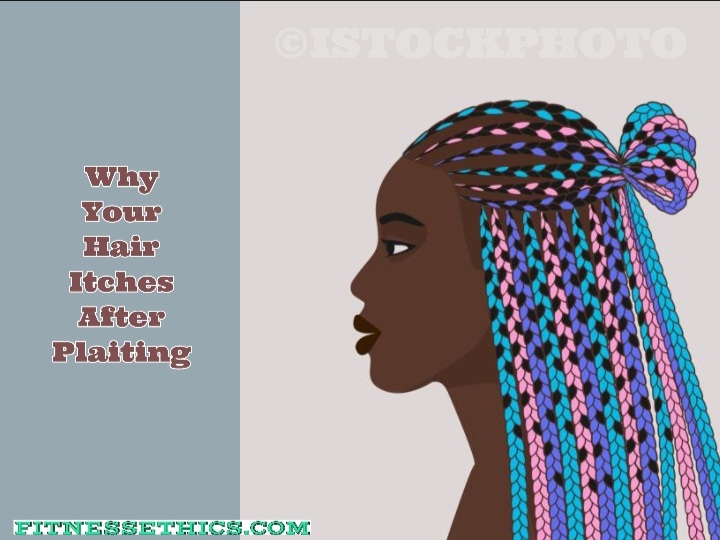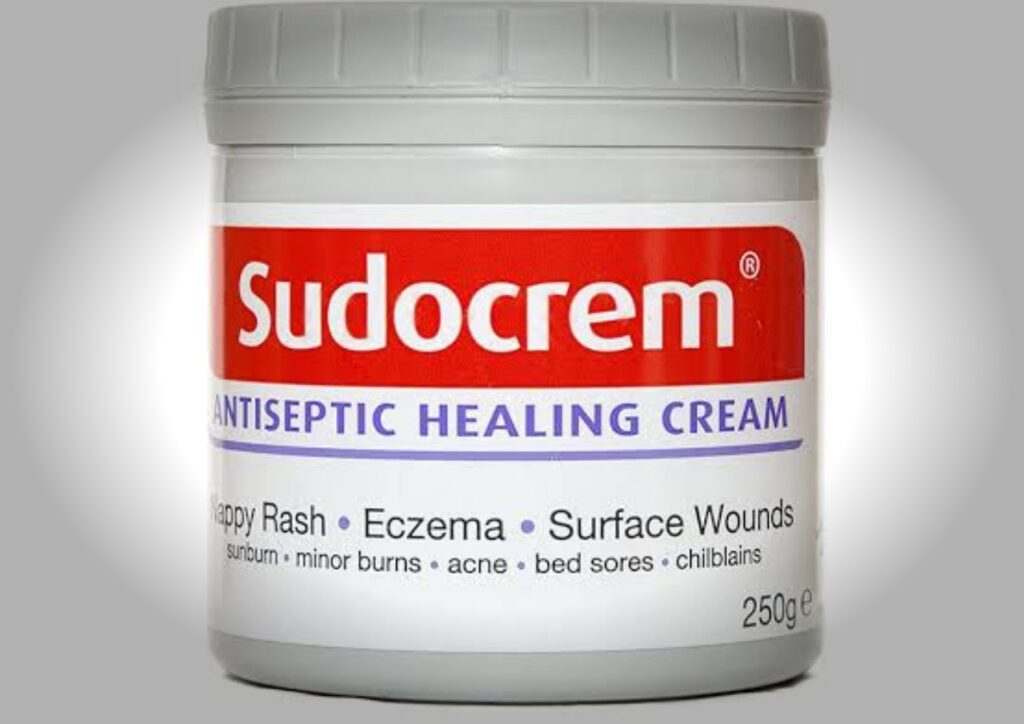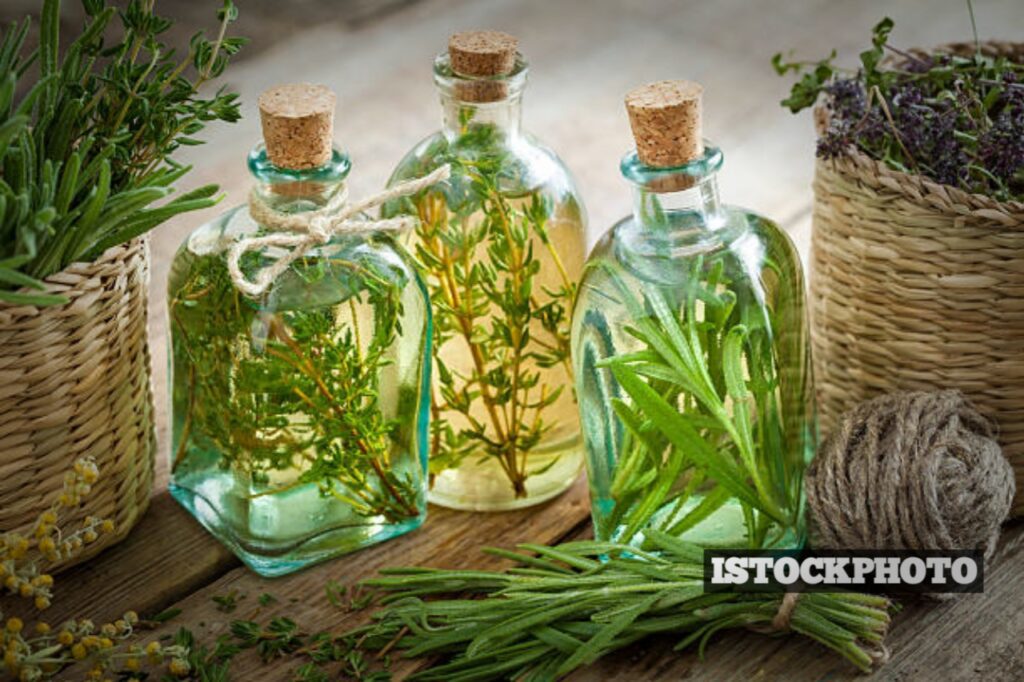Have you ever experienced that annoying itchiness on your scalp after getting your hair braided? If so, you’re not alone. Many people wonder why their hair itches after plaiting, and it can be quite a bothersome and uncomfortable sensation. In this article, we will explore the possible reasons behind this itchiness and provide you with some effective remedies to get rid of it.
Why Does My Natural Hair Itch After Plaiting
There are several factors that can contribute to an itchy scalp after plaiting. Let’s delve into a few possible causes:
Traction and Tension
Plaiting often involves pulling the hair tightly, which can create tension on the scalp. This tension can lead to irritation and itchiness. Additionally, if the braids are too tight, they can pull at the hair follicles, causing discomfort.
Dryness
Braids can sometimes contribute to dryness in the scalp. When your hair is braided, it can be challenging for your natural oils to reach the scalp, resulting in dryness and itchiness.
Product Buildup
Before getting your hair braided, it’s common to use various hair care products, such as gels, creams, or oils. If these products are not thoroughly washed out before braiding, they can build up on the scalp, leading to itchiness.
Allergic Reactions
Some individuals may have a sensitivity or allergy to certain hair care products or synthetic fibers used in braiding. This allergic reaction can manifest as an itchy scalp.
How Do You Get Rid of Itchy Scalp After Plaiting?
Now that we understand why your hair may itch after plaiting, let’s explore some remedies to alleviate the discomfort and soothe your scalp:
Tea Tree Oil
Extracted from the leaves of the Melaleuca alternifolia plant, tea tree oil possesses natural antifungal and antibacterial properties. Dilute a few drops of tea tree oil with a carrier oil, such as coconut oil, and gently massage it into your scalp. This can help relieve itchiness and reduce any potential inflammation.
Virgin Coconut Oil
Coconut oil is well-known for its moisturizing properties. Apply a small amount of virgin coconut oil to your scalp, focusing on the areas that itch the most. This will help to hydrate your scalp and reduce dryness.
Apple Cider Vinegar
The acidity of apple cider vinegar helps restore the pH balance of the scalp and combat fungal or bacterial growth. Mix equal parts of apple cider vinegar and water, and use this mixture to rinse your scalp after shampooing. Be sure to rinse it out thoroughly to avoid any lingering odor.
Loosen the Braids
If your braids are too tight, carefully loosen them to alleviate the tension on your scalp. Be cautious not to undo the style completely, but give your scalp some breathing room.
Peppermint Oil
Known for its cooling and soothing properties, peppermint oil can provide relief from itching. Add a few drops of peppermint oil to a carrier oil and massage it gently onto your scalp.
Deep Conditioning
Moisturizing your hair and scalp is crucial after getting braids. Use a deep conditioning treatment or a hair mask to replenish moisture and restore hydration to your scalp.
Avoid Hot Water Baths
Hot water can strip the scalp of its natural oils, exacerbating dryness and itchiness. Opt for lukewarm or cool water when washing your hair to avoid further irritation.
Medicated Mild Shampoos
Look for shampoos specifically formulated for itchy scalps or those containing ingredients like salicylic acid or ketoconazole. These can help alleviate scalp irritation and reduce itchiness.
Conclusion
An itchy scalp after plaiting is a common issue that many people face. The causes can range from tension and dryness to product buildup and allergic reactions. By incorporating these remedies into your hair care routine, you can soothe your scalp and enjoy the benefits of braided hairstyles without the discomfort of itching. Remember to listen to your body and consult a dermatologist if the itchiness persists or worsens.

Hilary Ojibe is a dedicated medical student with a passion for health and fitness. With a deep interest in understanding how the body works, Hilary enjoys applying medical knowledge to everyday health practices. As a fitness enthusiast, Hilary is committed to promoting a healthy lifestyle and shares valuable insights through articles focused on wellness, fitness and overall health improvement.
[starbox]



